Exquisite tension.
On surrender, suspension, and pulling the thread.
Dear reader,
A truth I return to again and again is that beautiful things require time, space, and contemplation, qualities that often feel incompatible with the frantic speed of our world. The sooner we accept this, the gentler life becomes. I know I write about it often, but that’s because it’s true. I may always feel like I’m lagging behind, watching others lap me effortlessly. But I want to make beautiful things, and that means I must move slowly, carefully, deliberately.
In other words, I had to pause, recalibrate, and remember why I started writing here in the first place. Thank you for letting me.
Below I mention plot points from both La Chimera (2023) and Madeline Miller’s Song of Achilles. If you have not seen or read either, please proceed with caution. I’d hate to spoil the dazzling experience of watching and reading these two beautiful works of art for the first time.
I began this essay shortly after watching Alice Rohrwacher’s incredible film La Chimera. It’s been almost three weeks since I first watched it, and still it continues to roll around in my mind like a bright glass marble knocking around a wooden drawer. When the vast majority of what we consume has a shelf life of about twenty-four hours, it is an incredible feat to linger.
✶
I have a compulsive habit that many of us share when watching films: reaching for the phone, googling the cast, the location, the director’s previous films. Perhaps it’s an unconscious desire to anchor the fictional scenes in fact, to gain a deeper understanding of what’s unfolding in front of me. Maybe it’s neurodivergence or anxious energy. It’s likely a cocktail of all three. But I didn’t reach for my phone as I watched, not this time. It steadily held my gaze as the scenes flickered past like a bright flame. Still, quiet, so mesmerized that I gasped and clapped a hand over my mouth as if someone had been shot when they cracked the smooth alabaster neck of the statue of Cybele, the Great Mother. It felt criminal. It was supposed to be. A beautiful sculpture, which took hours of someone’s life to create, defiled within seconds before our eyes. It mirrors the same cursory flattening of dimension we see today as artificial intelligence trawls and regurgitates our published words, our paintings, our photographs. We’ve seen this before.
Just a few weeks prior, I gave up television for my Assessment & Treatment of Addictive Disorders course, my classmates and I required to either give up or reduce the use of one of our vices for the remaining ten weeks. I had just spent an embarrassing amount of my one wild and precious life binge-watching reruns of The Office as a makeshift numbing salve leading up to this assignment, pathologically procrastinating and avoiding all responsibility, burnt out to my very core. This assignment was a gentle nudge, like the cold, wet snout of one of my dogs eagerly reminding me to go outside, take a walk, touch some grass. I decided shortly after that it was time to let television go for a while.
Films have taken on new meaning during this experiment, becoming portals to other worlds. The dissociative ways I used television feel vastly different from how it feels to watch a film, especially when watching them from a theater and sharing a collective experience with an audience. Films feel more active and involved, a deliberate choice that requires more of you. Most television is passive, or at least that’s how I used The Office. Even the word ‘used’ makes television feel like some psychoactive substance. Framing it this way made it a little easier to give up.
I first became aware of this active state at a screening of David Lynch’s Lost Highway. Mesmerized, enchanted, disgusted, experiencing the full gamut of emotions and visceral reactions Lynch intended to elicit from his audiences, I sat there in the dark for two hours, phone off, just watching. Houses in flames. Blood and gore. The halo of Patricia Arquette’s platinum blonde hair glowing in a muscle car’s headlights, all to a soundtrack of Rammstein and Marilyn Manson. It was sublime. It’s not hard to see the influence of transcendental meditation on Lynch’s work, how well he’s distilled his personal practice within his films in his own uniquely Lynchian way. They force you to sit and witness, to give your full attention or nothing at all.
Watching La Chimera felt similar, even if I was watching from the comfort of my own home. The films are vastly different, yes. But Rohrwacher creates an immersive and contained world that makes you aware of your body as images of ancient artifacts, decay, crumbling architecture, and hands digging in hardened earth unfold before you. It is tactile, which is all the more impressive for a visual medium. The film draws you into a phenomenological experience, where the act of seeing becomes an act of feeling. You hear the music and the laughter and see the joyous dancing, the whispered rustling of silk taffeta skirts, and remember that you have a body, that you aren’t just a nebula of consciousness functioning from the neck up.
Arthur’s world, liminal, suspended, aching with memory, inevitably conjures the archetype of the Hanged Man. His work as a graverobber feels less like theft and more like an attempt to unearth what’s been buried within himself. In tarot, the Hanged Man teaches that wisdom often requires surrender. That to truly see, we must let ourselves be undone, inverted, disoriented. He is held, not by force, but by choice, in a state of stasis and suspension. A tension both unbearable and necessary.
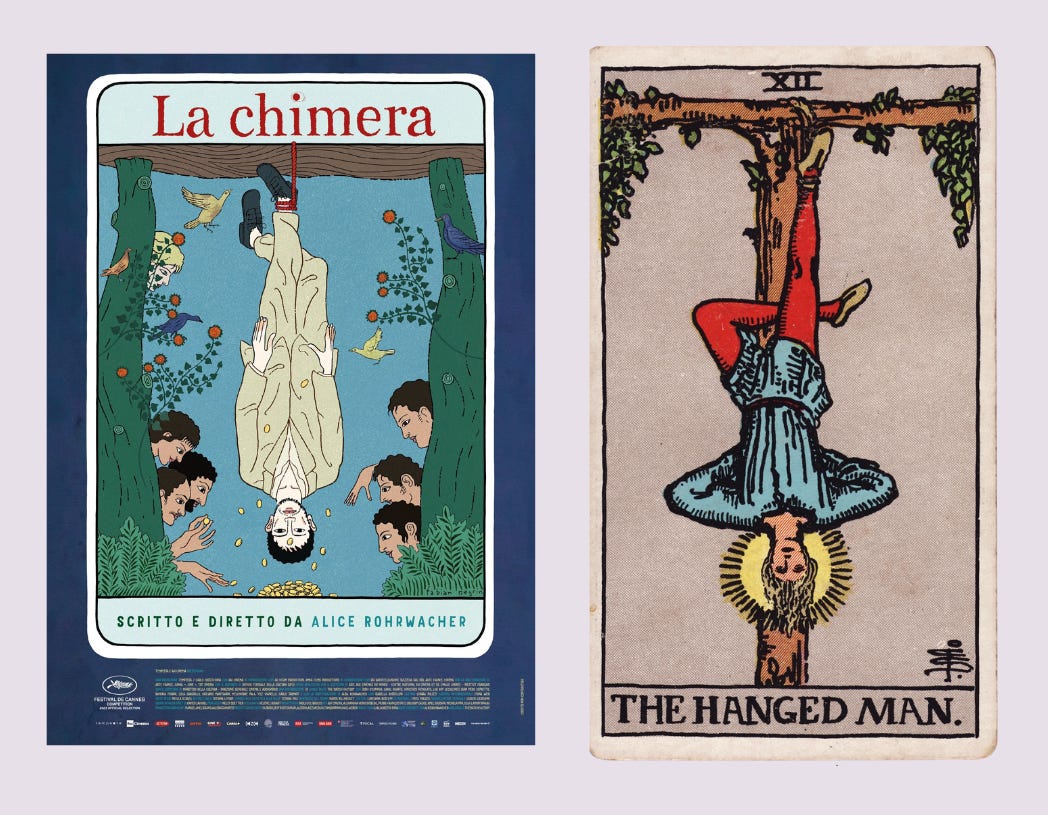
Arthur, unshaven and dirty in his rumpled linen suit, is cut from the cloth of Shakespearean tragedy. Upon his release from jail, a jocular merchant ridicules him on the train in front of three women — an act of humiliation, salt in the wound, stirring pathos and solidifying the story’s exposition. Arthur’s attempt at righting this wrong is to assault the merchant, making everyone in the train car frightened and uncomfortable, and so they leave him one by one. Soon, only Arthur remains, an unlit cigarette dangling from his mouth, encased within his train car as if under a shroud, a thin veil between himself and the rest of the world. That distinction is made clear from the beginning: reintegration into his old life and ways of being is impossible.
Parallels to the myth of Orpheus are heavy-handed, but not to the film’s detriment. Arthur cannot figure out how to live without looking back, the loss of his great love Beniamina snuffing out all purpose, all drive to live. He briefly finds joy with Italia, who in the film acts as a stand-in for Hades’ warning to Orpheus not to look back. I curse you! she screams, upon realizing what Arthur and his friends are: graverobbers, thieves. When he ends the film entombed by his own work, it is almost an act of mercy. He couldn’t continue living as he did before, but he could never quite figure out how to move forward.
The presence of the red thread further cements the Orpheus and Eurydice reference. Arthur’s flashbacks of Beniamina in her crimson dress, following a piece of red yarn caught on a branch. He looks back, over and over again, both in his work as a renegade archaeologist and in love. He cannot love Italia because she belongs to the present. He eventually succumbs just as Orpheus did, unable to resist the gravitational pull of grief and nostalgia.
Is it possible to devastate and inspire hope at the same time? I think so. That’s life, after all, joy and sorrow, braided together. Beauty that arrives not in spite of pain, but often because of it. The real trick, the elusive key to life, lies in the acceptance that happiness will rarely appear in isolation. It’s not a permanent state to be achieved but a fleeting sensation that often sits at the same table directly across from despair. And perhaps it’s just the enduring existentialist in me, but I believe those who chase happiness as something pure and uninterrupted may only suffer more in the process.
Arthur’s fate mirrors the crux of the Hanged Man archetype: a figure caught in suspension, not by chance but by choice, reaching an inevitable transformation through stillness and surrender. His nostalgia and grief hold him, but they also unlock a deeper understanding, one that might have continued eluding him in life. It’s not so much that he couldn’t live, but that he had to die in order to understand life in a new way. He is forced to let go, to unravel. In that unraveling, something profound emerges, mirroring the same metaphorical death-rebirth-death cycles we mere mortals go through repeatedly, each time emerging with new wisdom and information about ourselves.
Even as Arthur is buried beneath the earth, something luminous remains. A pinhole of light, a sense of peace. A reunion, much like the devastating beauty of Patroclus and Achilles in The Song of Achilles, two lovers reunited in the afterlife. It’s my favorite kind of ending, one that doesn’t rush to explain itself; an open question that lingers at the edges of your psyche like a bright red thread, impossible not to follow.
We were all born to seek, to lean toward the sun, pulled by something intrinsic and deeply human. This quality can feel at odds with our reverence for the past, our tendency to linger on the versions of our lives and ourselves we can never return to. We may be boats against the current, borne back ceaselessly into the past and all that, but we’re also wired with an unflinching resilience, a hunger for what lies ahead. We can’t help it.
To be human is to endlessly contradict ourselves, to live inside that tension. Like the Hanged Man, we inhabit dual states: stasis and suspension, longing and stillness, sorrow and joy — the exquisite, unbearable tension of being alive.


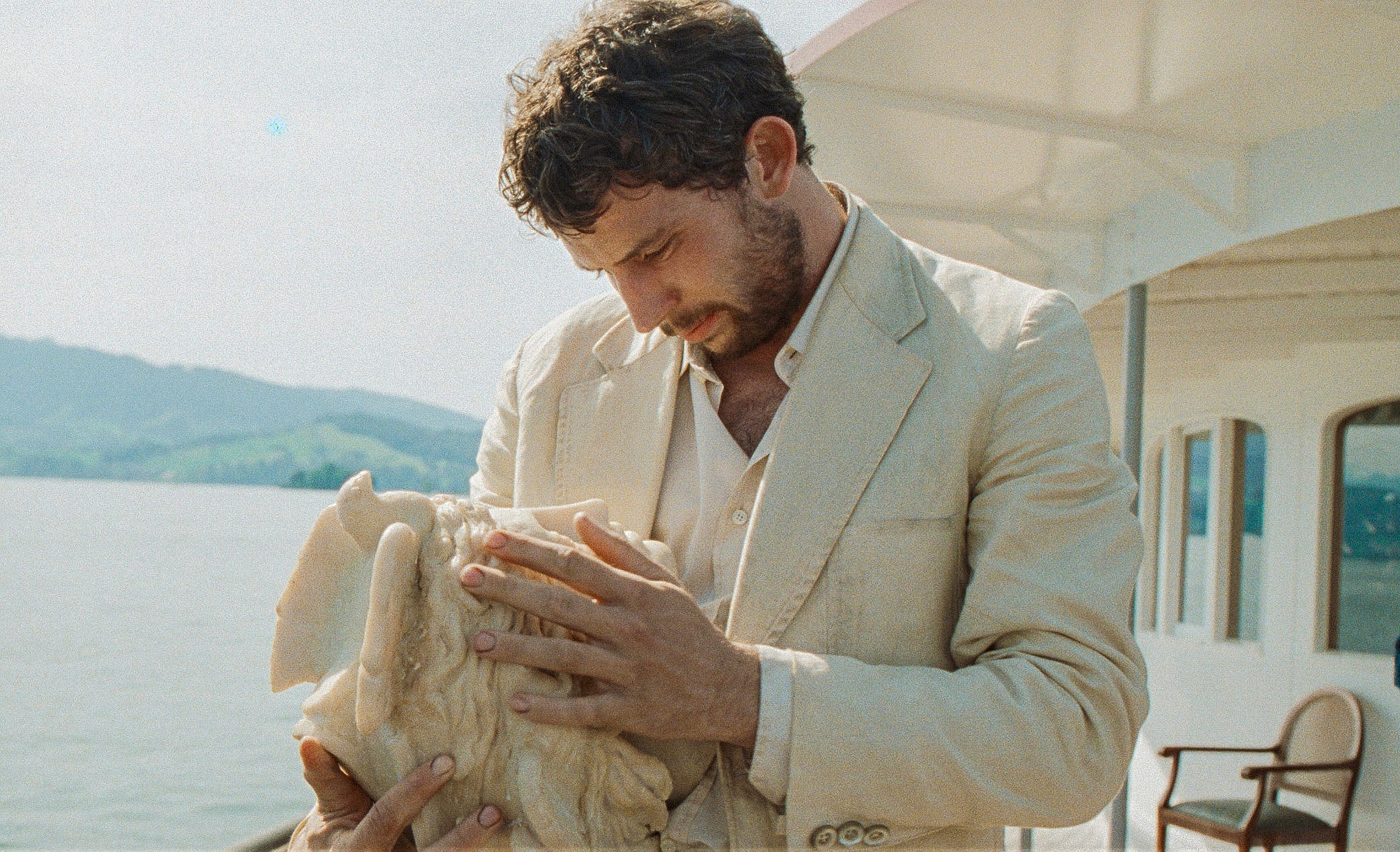
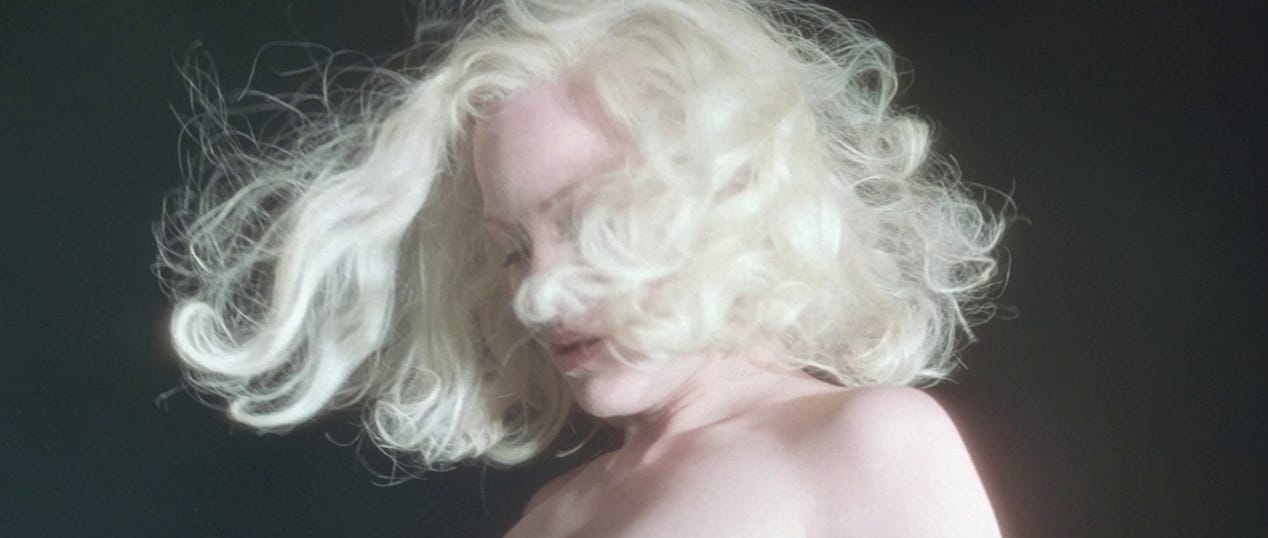
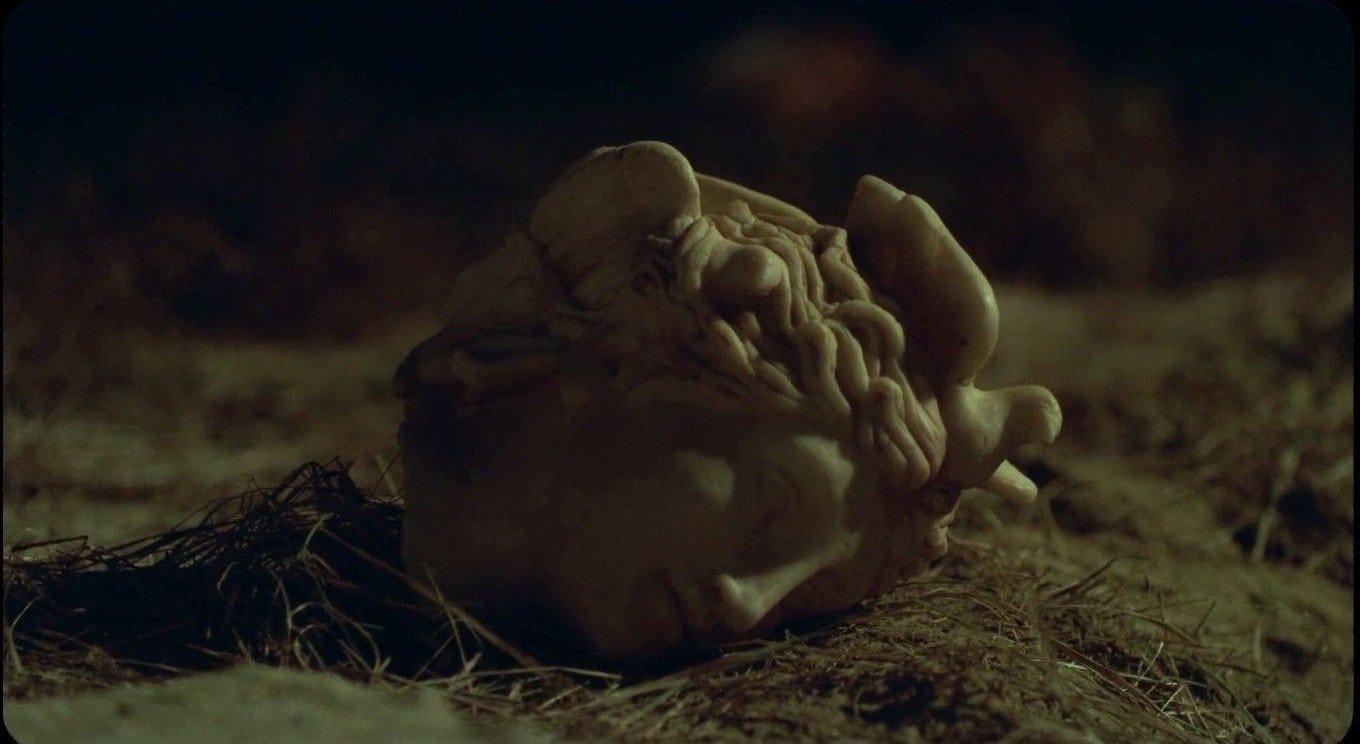
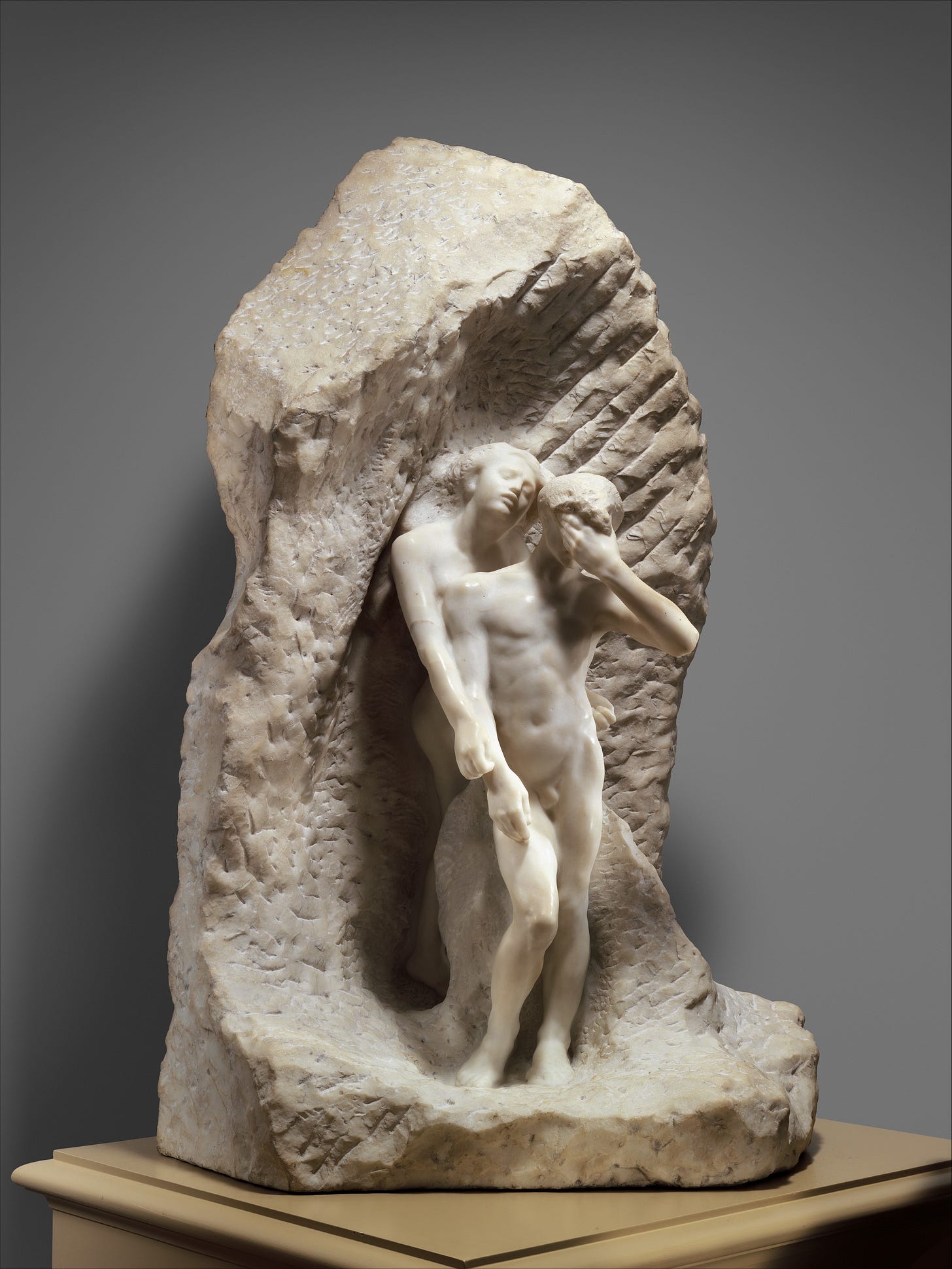
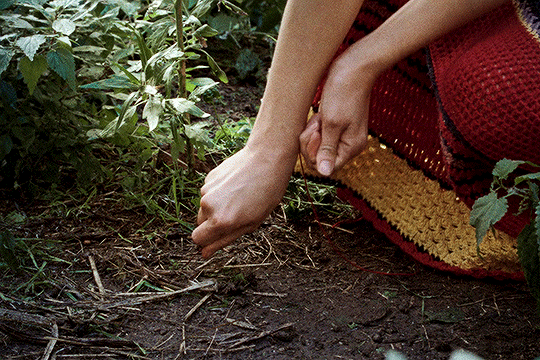
I didn’t read all of this bc I haven’t seen La Chimera yet but thank you for reminding me of its existence! It was on my to-watch list and I forgot about it. ❤️🔥🫂
Loooooved this Kait--coincidentally watched La Chimera a few months ago and I've been thinking about it non-stop too!!!